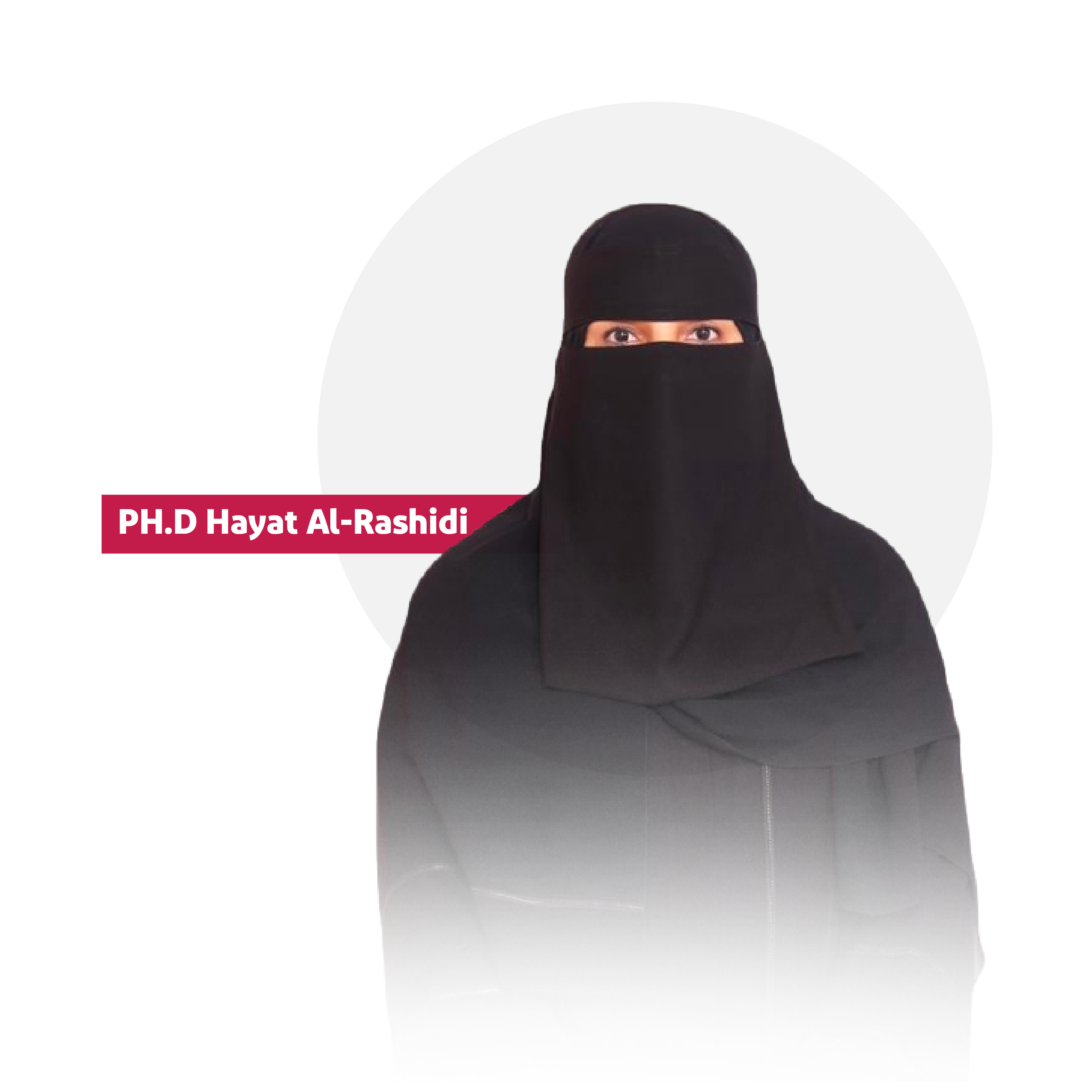
Relationship Between Craftsmen and Merchants in Ottoman Army Enslavement of a Different Kind
Researching the relationship among society classes of Ottoman state history, especially the professional class, is reflected in discovering the relationship between craftsmen and army, as well as the old relationship. If we define a specific reign, we will find it represented since the reign of Sultan Selim I. In his history book, Flowers in the Chronicles of the Ages, Ibn Iyas says, “Selim I has implemented what he has promised when he invaded Cairo. Ottoman Empire was expelled from all neighborhoods and places. Ottomans vented their anger on slaves, young men, commoners and others. They used sword against them. Good people were treated as bad people, while those who were guilty of nothing may have been punished as their corpses were thrown away on the roads from Bab Zuweila to Rumaila; and from Rumaila to Salibiya, Qanater Al- Siba’, Nasiriyah, and Old Cairo. The number of those who were killed in this incident from Boulaq to El- Gezira El- Wosta (currently: Zamalek), and Salibiya was more than ten thousand persons in this four-days period. Were it not for Allah’s mercy, all of the people of Egypt would have been dead with sword. His soldiers also used to decapitate Egyptians with sword. Once they saw one of Mamalik, they decapitated him even inside mosques, schools and Zawaya (small places dedicated for prayer).”
The Egyptian historian tells another version of enslavement practiced by Ottomans against Egyptians saying, “one day the conditions of Cairo were in great commotion, police officers stood at the city gates arresting all people from superiors to inferiors. They tied them with robes, even judges and witnesses who appeared before them were not exempted. It was not known what they were brought for. When they brought them to the castle, the result was that they gathered people to pull huge copper cannons which were inside the castle in order to bring them to the seashore. People have been suffering in this incident, as well as humiliation such as beating, assault, and snatching turbans. They tied men with robes on their necks and drove them with severe beating on their backs.”
The gab or line separating military persons, employees and citizens was getting increased and deepened only because Arab race had to be dealt with tyranny and enslavement.
Changes that has taken place in the Arab countries after the Ottoman rule were in favor of the interests of European merchants, especially Jews among them. This contradicted with Arab merchants, everyone who spoke Turkish, and other laboring classes. There was a discrimination regarding the importance and quality of crafts. There was a guild for every craft which was called in Turkish “Sinif”. At the end of 18th century, Proletariat class was a feature by which everyone who worked in simple professions such as drivers, street vendors, porters, and sweepers was described. This guild that included people holding those professions suffered from abuse and humiliation.
There was a clear tension between Arabs and Turks that was reflected in discrimination and racism. It gave everyone with interest a status which he did not deserve. This happens after the merchant is a source of income for Sultan to exploit. Thus, there was a class that emerged and enslaved the sources of income by appointing paid employees who work according to tax system. It means that sources of income shall operate by force for authoritarian and rich army officers. Many obligations were divided among agents who managed them for the original tax collector. For example, Jews used to work in collecting taxes from the salaries of state employees. This was entrusted to the Pasha of Egypt or Janissary. This resulted in administrative corruption that overburdened the country and people.
There was something strange and astonishing that spread. It was another kind of enslavement. Most of soldiers who were affiliated to Ottoman state joined professions. It is a phenomenon that has historical roots since they entered Arab countries, which is called by many people as Fatah. Military service prevented them from marriage, working in trade, and other things to increase their income. Such human enslavement made them deviate from normal conditions to others. Therefore, they looked forward to working for their interests in illegal and irregular ways. Their works included, for example, that Turkish soldiers opened shops for selling beer and other things. Influx of soldiers who practiced gainful professions increased. There are examples which are difficult to be written, not to mentioned the situation caused by them at that time, Allah is the helper. A number of contemporary historians mentioned that enslaved soldiers formed groups and alliances were common between them, merchants, military leaders and shopkeepers. Their interests were associated what resulted in incidents that filled history and literature books documenting such incidents. However, the most important thing is that Ottoman policy affected the defeating and revolving despotism among its citizens in direct and indirect ways. An entity that felt oppressed and enslaved by it was created without any justification except for their Arab race and affiliation. Many people tried to express reactions and struggle in order to show their hatred towards the bad Ottoman rule.

